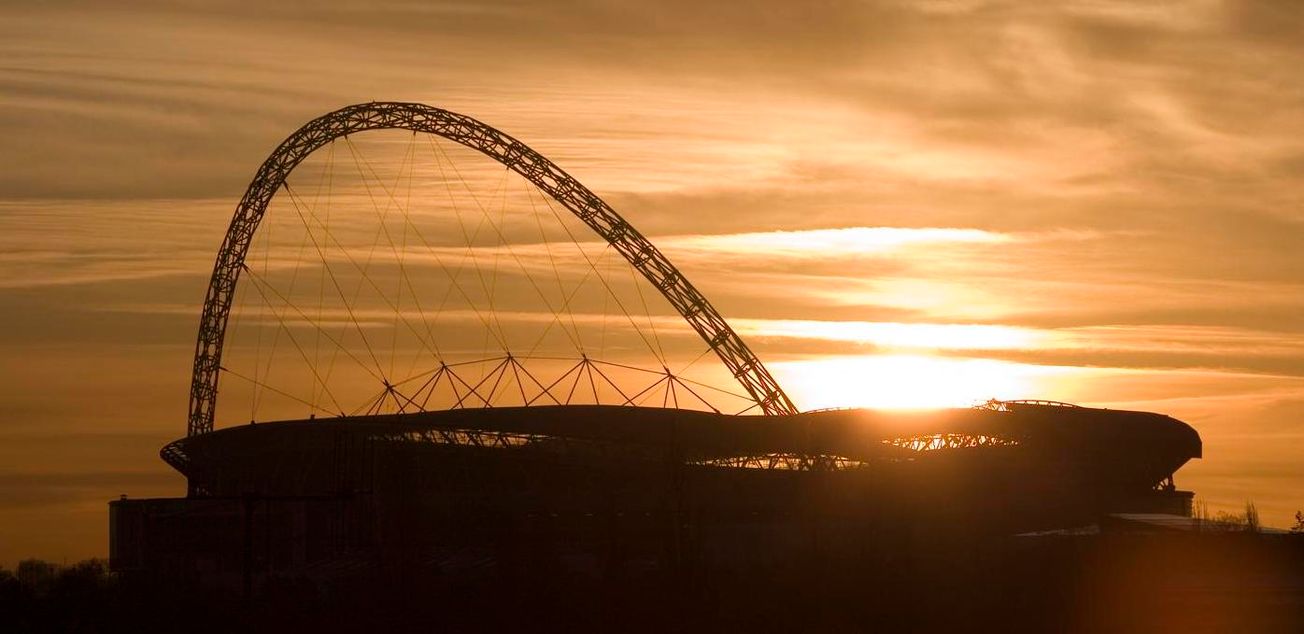By Henry Edwards, Sport Editor and third year History student
The UEFA Nations League may just be the best thing introduced to football in my lifetime.
Goal line technology was a vital addition, though everyone knew the sport was crying out for that for around a decade beforehand. I may be VAR’s biggest fan, but can concede that in the current form, some tweaks may be needed to iron out the odd hairy issue.
Comparatively, this brand new competition has revolutionized the way we view the purest and best aspect of the game we love: international football.
Speaking about the thinking behind the competition, UEFA President Aleksander Cerefin stated that ‘the relationship between club and national team football needed rebalancing…football is about competition and now, just like in club football, there will be a national team champion at the close of every season’.
Cerefin is absolutely spot on. For too long the idea of an international break has been met with justified groans. Like dogs waiting for our owners, we pined for the return of club football and the Champions League.
With the Nations League, however, international football has reclaimed its rightful place as the pinnacle of the beautiful game. In a 2018/19 Premier League autumn defined by the best teams routinely hammering the worst sides in the division, the competiveness and drama of the Nations League has been the highlight of this current campaign.
In a whirlwind three months, we’ve seen giants slump, nations rejuvenated, and minnows victorious. The tension involved in England’s final winner-takes-all match against Croatia was breathtaking. The drama of the Netherland’s 2-2 draw with Germany was scintillating. And who could forget Gareth Southgate’s young and energetic side’s first half pummeling of Spain in Seville?
They claimed a first-ever competitive win 🙌
— FIFA.com (@FIFAcom) November 22, 2018
Then followed it up with another 😲
Now 🇬🇮@GibraltarFA have reached a new high in the #FIFARanking 📈
But what are the secrets behind their recent success? We looked closer.
ℹ️👉 https://t.co/Ok0ZZUkwGH pic.twitter.com/hQS2ibubxV
Importantly, the Nations League has given Europe’s smaller nations the opportunity to gather some momentum by actually winning for once. Gibraltar, for example, won their first two matches ever, against Armenia and Liechtenstein.
Furthermore, the Nations League has provided a vital platform for international sides to continue their progress from the World Cup, or for others to rise from the ashes. The good spirit generated by Southgate has been allowed to burgeon, while the manager has also had the opportunity to switch formation and experiment with new young players in a competitive context.
Meanwhile, the Netherlands would have been forced to wait around for another whole year to redeem themselves following their dismal World Cup qualification process, which of course ended in failure. With a new man at the helm, the competition has given them the opportunity to play competitively and without pressure; positive results against World Champions France and the mighty Germany must come as much overdue liberation from the shackles of misery for all Dutch fans.
Liverpool boss Jurgen Klopp has criticised the Uefa Nations League, comparing it to making Anthony Joshua box every other night.
— BBC Sport (@BBCSport) October 19, 2018
👉 https://t.co/nRf2x0Sxjs pic.twitter.com/VDc3xHhSpP
Despite its widely acknowledged success, the competition continues to attract criticism from some quarters – although this is beginning to dwindle. Liverpool boss Klopp labeled it ‘senseless’, but his position as a club manager obviously must be considered as evidence of substantial bias
Much of the condemnation from other spheres has pointed to the confusion connected to the Nations League. The Independent’s Chief Sports writer, Jonathon Liew, wrote in October 2017 that he doubts whether ‘anyone without a postgraduate qualification’ could fathom the structure.
Such criticisms encapsulate a tedious popular trend in society today. In this age of social media, everyone must have and voice an opinion, regardless of whether they can be bothered to get clued up or not
The announcement of such a tournament was made over a year ago, and football fans have had long enough to get to grips with an easily graspable concept. And if they haven’t, that’s fine – just don’t expect any denunciation about the competition on your part to fall on willing ears.
The bottom line is that people are scared of change. Football is too often viewed as a sacred game in which innovation is lambasted as both unnecessary and threatening.
FINALISTS 🏆
— UEFA Nations League (@UEFAEURO) November 20, 2018
🇵🇹Portugal
🏴England
🇨🇭Switzerland
🇳🇱Netherlands
B GROUP WINNERS ⬆️
🇺🇦Ukraine
🇸🇪Sweden
🇧🇦Bosnia & Herzegovina
🇩🇰Denmark
C GROUP WINNERS ⬆️
🏴Scotland
🇫🇮Finland
🇳🇴Norway
🇷🇸Serbia
D GROUP WINNERS ⬆️
🇬🇪Georgia
🇧🇾Belarus
🇽🇰Kosovo
🇲🇰FYR Macedonia#NationsLeague pic.twitter.com/cA1pM9uAKG
It fills me with great hope that the majority appear to be on board with this fantastic invention. All that’s left is to look forward to the mini-tournament in June, in which England’s quest for their first trophy since 1966 reaches a climax.
You may want to link this page, as it has numerous explanatory videos for those wanting to learn more about the Nations League: https://www.bbc.co.uk/sport/football/42719404
Featured image by Flickr / FallingMage
Do you share Henry's optimism about the UEFA Nations League? Let us know!









